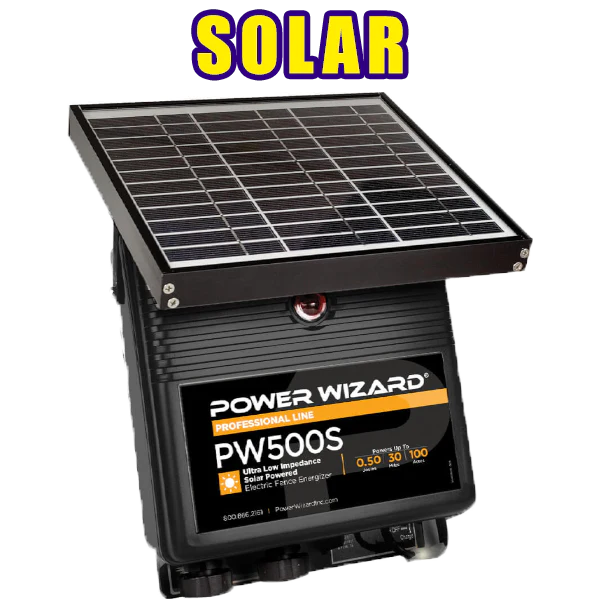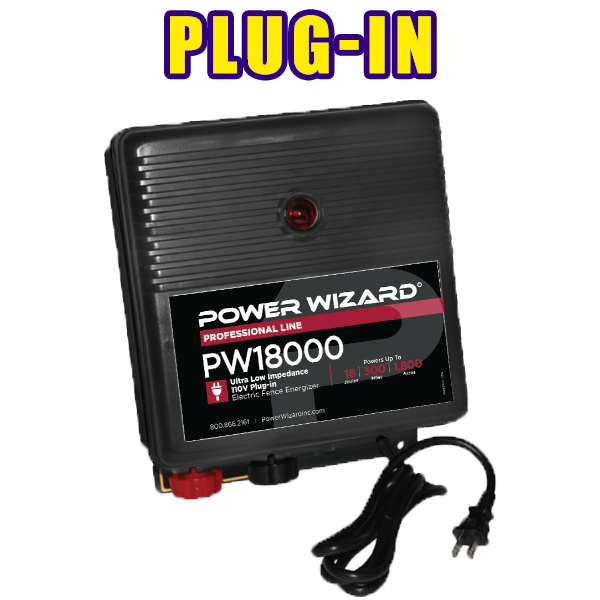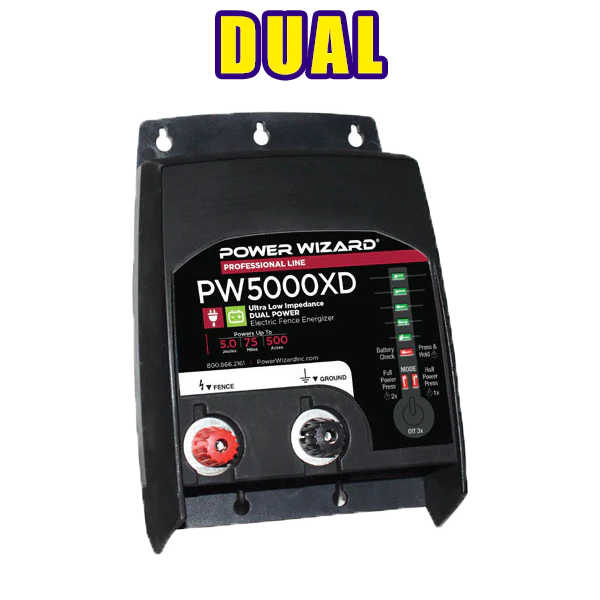Choosing the Right Electric Fence Charger: Understanding Joules and Their Importance
Share
An electric fence charger is the heart of your electric fence system, providing the power needed to deter animals and protect your property. One of the most important factors in choosing the right fence charger is determining how many joules it needs to have to be effective.
To understand the role of joules in an electric fence, it's helpful to think of joules as the unit of energy that is delivered to the fence with each pulse. The more joules a fence charger delivers, the stronger the shock it provides to any animal that touches the fence.
So, how many joules does an electric fence charger need to be effective? This will depend on a number of factors, including the size of your property, the type of animals you're trying to deter, and the type of fence you have.
For small properties with light fencing and small animals, a charger with 1-2 joules of output may be sufficient. For larger properties with heavy-duty fencing and larger animals, you may need a charger with 3-5 joules of output or more.
It's also important to consider the type of fence you have. High-tensile, polywire, and polytape fences require less joules than traditional steel-wire fences because they are lighter and have less resistance.
When choosing a fence charger, be sure to read the manufacturer's specifications carefully. Some chargers are designed for specific types of fences, so be sure to choose a charger that is compatible with your fence.
In conclusion, the number of joules a fence charger needs to effectively power an electric fence will depend on several factors, including the size of your property, the type of animals you're trying to deter, and the type of fence you have. Be sure to choose a charger with enough joules to meet your needs and read the manufacturer's specifications carefully to ensure compatibility with your fence.




1 comment
Hello, do you have a plugin fence charger that will work on 220VAC power? The charger will be used on a Eurosizer hot-walker to electrify six panels so a total of about 36 feet of fence.